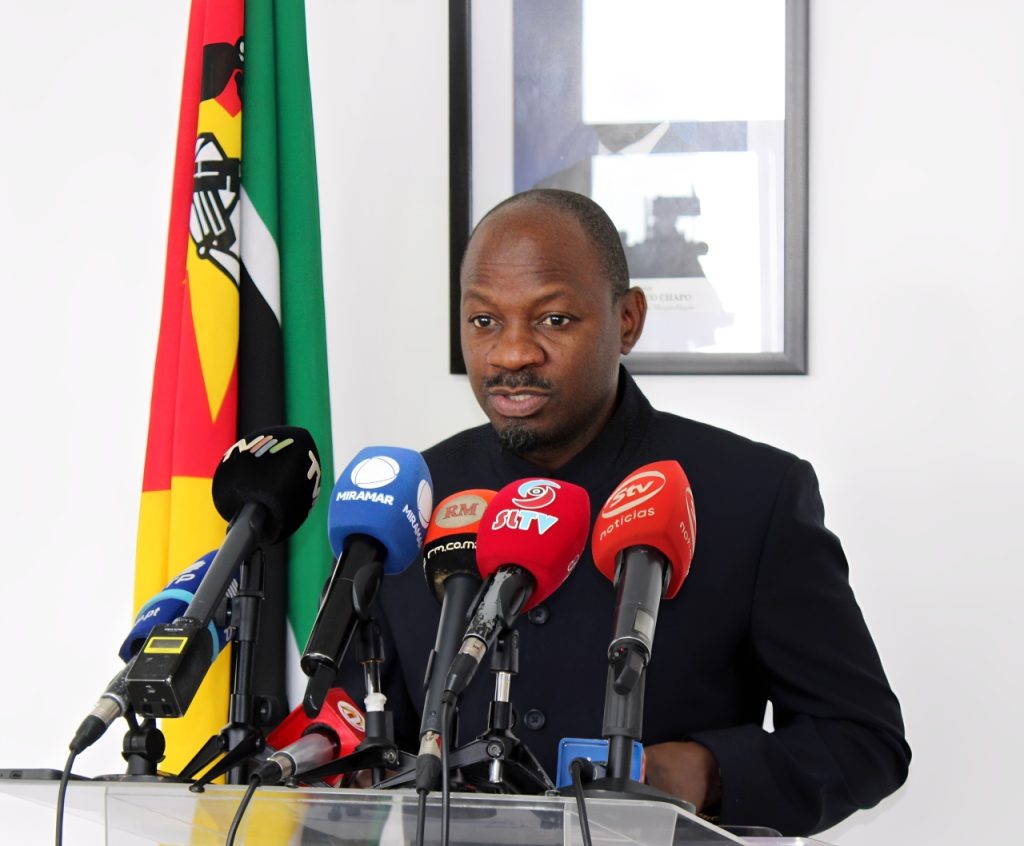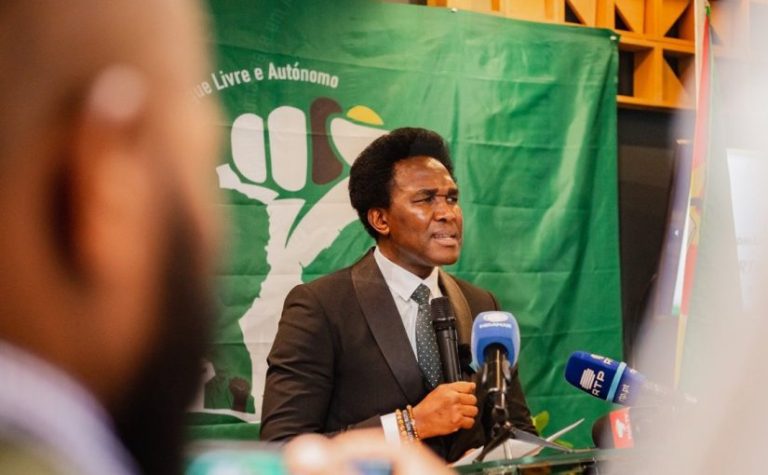
Porta-voz do Governo, Inocêncio Impissa, fala em conferência de imprensa
Maputo, 8 Oct (AIM) – The Mozambican Council of Ministers (Cabinet) on Tuesday approved the state budget for 2026, envisaging public expenditure of 535.6 billion meticais (about 8.4 billion US dollars, at the current exchange rate).
Forecast state revenue, however, is only 421.9 billion meticais. The budget deficit is therefore 113 billion meticais.
Such a large primary deficit has long been a feature of Mozambican budgets. The 2025 state budget, has an even larger deficit, of 126.8 billion meticais.
Covering the budget deficit has always relied on the good will of Mozambique’s foreign partners, who are asked to pay for much of the capital expenditure.
According to the government spokesperson and Minister of State Administration, Inocêncio Impissa, who was speaking to reporters on Tuesday, in Maputo, after the Council of Ministers had approved the Economic and Social Plan and State Budget (PESOE) for 2026, the proposal must now be submitted to the Assembly of the Republic, the Mozambican parliament.
Given the huge parliamentary majority enjoyed by the ruling Frelimo Party, it is unlikely that there will be any significant amendments to the Plan and Budget.
Impissa said “the PESOE for 2026 guides the judicious and strategic allocation of public resources, focusing on investment in productive, logistical, and social infrastructure, highlighting transport, digitalization, roads, education, and health.”
In addition to ensuring compliance with the goals of the Government’s Five-Year Programme for 2025-2029, the PESOE priorities focus on “macroeconomic stability, efficient public expenditure, and the promotion of transparency and accountability.”
When asked about the need to hire more teachers for the coming school year to meet the demand of an additional million children in basic education, Impissa stressed the government’s shortage of money for recruiting more public servants, including teachers.
“What I can tell you is that there is indeed a teacher shortage”, he said. “It occurs because every year the education system is challenged to double down. The country has to organize itself to care for a million extra children in school each year. This is indeed a challenge for any government, and especially for us who are in a situation of cost containment”.
“The government will be able to resolve the situation within the State’s capacity to cover the needs for teachers”, he claimed. “What we’re doing is to anticipate staffing within the strictest possible capacity and, of course, utilize the other internal human resource management alternatives to see how we can recruit more staff to assist the children”.
(AIM)
AC/Ad/pf (416)








